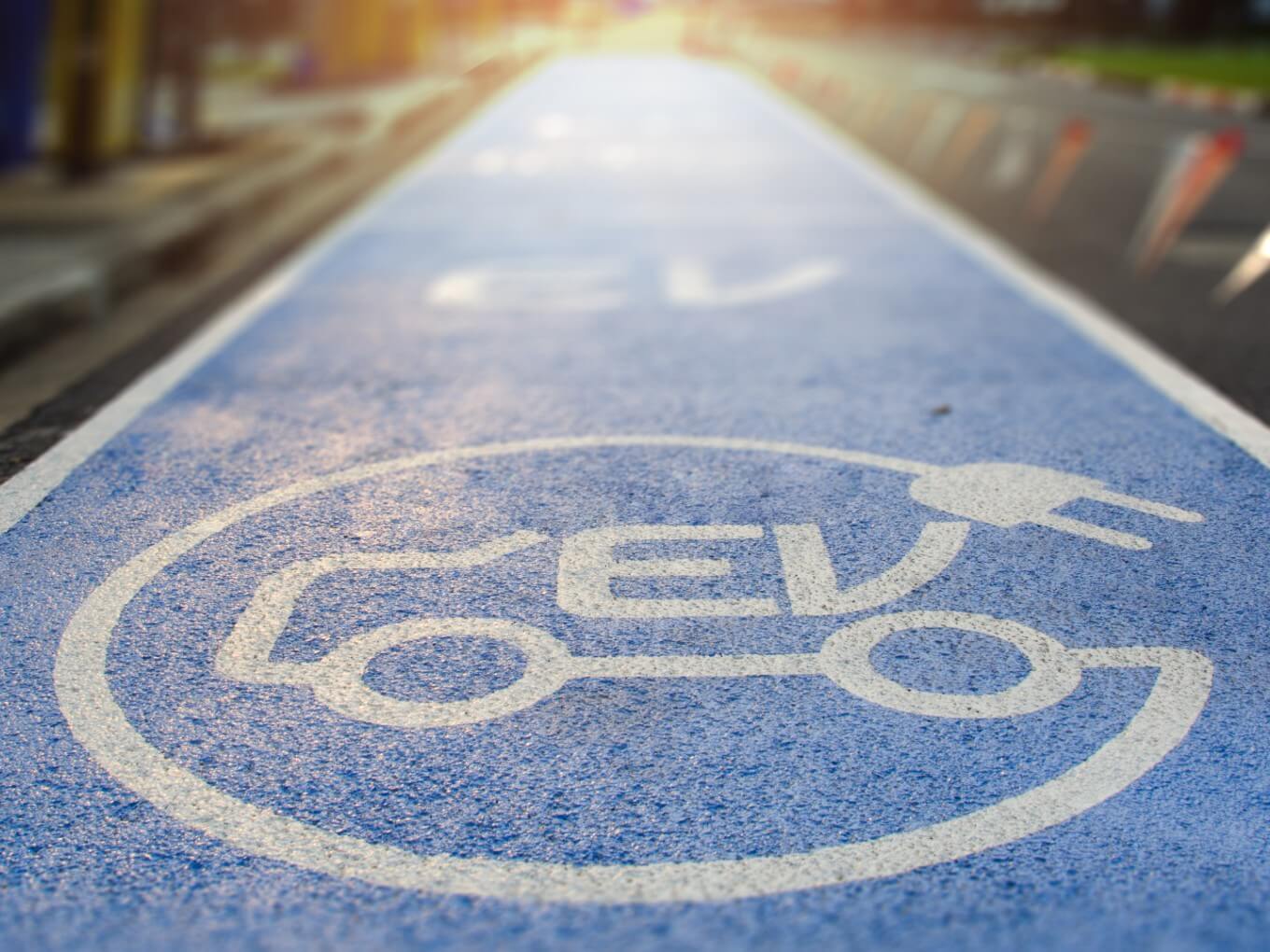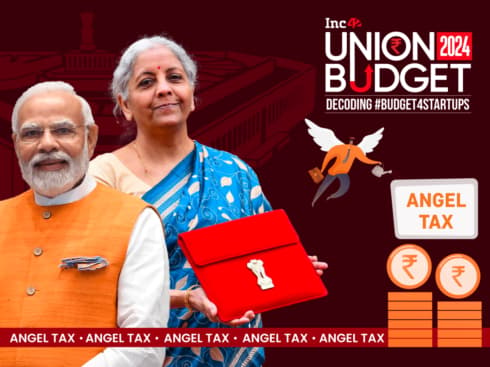
The government has approved the long-awaited Delhi Electric Vehicle (EV) Policy recently
The first draft of the policy was released in November 2018
The Delhi EV Policy aims to achieve the overarching objective to improve Delhi’s air quality
In one of the most progressive measures to address severe air pollution in Delhi NCR region, the government has approved the long-awaited Delhi Electric Vehicle (EV) Policy recently. The first draft of the policy was released in November 2018 and was welcomed by industry, intelligentsia and academicians.
The Delhi EV Policy aims to achieve the overarching objective to improve Delhi’s air quality and create an entire supply-chain ecosystem for this new segment of vehicles. In order to significantly benefit Delhi’s air quality, the policy intends to deploy 25% of all new vehicles to be battery-operated vehicles by 2024.
Delhi EV Policy: A Much Needed Move
Delhi had the worst ambient air quality in 2016 and continues to be in the top five cities with the worst ambient air quality with 143 micrograms/cu.m of PM2.5 in 2018. The WHO standards for ambient air quality is 15 micrograms/cu.m (annual) and 25 micrograms/cu.m (24-hr average).
The statistics are based on the WHO Ambient Air Quality Database(AAQD); which comprises 4,000 human settlements across 108 countries. Moreover, it estimates that air pollution (especially PM2.5) reduces life expectancy by 6.3 years of an average Delhi citizen (IIM, Mumbai).
According to our analysis, the adoption of Delhi Electric Vehicle Policy would effectively result in the registration of approximately 5 Lakhs new EVs and would translate into a reduction of 159 tons of PM 2.5 in Delhi. The registration of 5 Lakhs would also lead to a reduction of INR 6,000 Cr in oil and liquid natural gas imports, and 4.8 million ton of CO2 emissions, equivalent to avoiding CO2 emissions from nearly 1 lakh petrol cars over their lifetime.
The Focus Areas
While it has been broadly discussed that the Delhi EV Policy focuses on electric two-wheelers, shared transport vehicles (e.g. three-wheelers/buses) and goods carriers/freight vehicles, it is important to understand why. A recent study by TERI and ARAI identifies vehicular pollution as one of the major contributors to air pollution in the national capital region
- In Delhi, vehicles contribute to as much as 40% of PM5, 20% of PM10 and more than 80% of NOx, CO and NMVOCs
- Trucks, 2 wheelers and 3 wheelers contribute about 75% of vehicular PM5 emissions in Delhi
- Two and three wheelers together contribute to as much PM5 pollution as trucks and 8X as much as buses given the expanding on-road fleet
According to the same report, electrification of the vehicular fleet (6%) coupled with 50% electrification of public transport (3%), would result in 9% improvement of ambient air quality. While 9% improvement, may seem miniscule, adoption of zero tailpipe emission vehicles may also lead to a much-required push to the renewables adoption in Delhi coupled with the reduction in carbon emissions, considering the excess energy demand with the adoption of a new segment of vehicles.
While other pioneer states such as Karnataka, Uttar Pradesh and Maharashtra’s EV Policies focus on objectives such as developing the states as leaders in EV manufacturing and preferred destination for attracting investments in manufacturing, Delhi’s Policy focuses on Demand Generation as a means to ensure mass adoption and quick proliferation.
In order to ensure demand generation, the Delhi EV Policy has adopted a method of a combination of fiscal and non-fiscal incentives. While the fiscal incentive structure comprises purchase incentive, top-up incentive, scrapping incentive on de-registration of old vehicles and interest waivers, the non-fiscal incentives will address issues such as road-tax waivers, green-registration plates for EVs, license-fee waivers and single-window clearances.
Other Challenges Addressed
In addition to this, the policy addresses the challenges of adequate demand incentive, policy interventions and maintaining coherency with national policies.
Demand Incentive
The combination fiscal incentive offered by the FAME 2 scheme and Delhi EV Policy is expected to provide an overall benefit of over INR. 30,000 which can definitely make electric two-wheelers price competitive with conventional vehicles. The demand incentive available for the three-wheeler segment is expected to have a positive impact on the overall return of investment of the vehicle.
Scrapping Incentive
The Policy also provides an incentive on deregistration of BS II and BS III and polluting vehicles. Scrapping of old vehicles has been one of the major challenges for authorities across various cities, the policy, in turn, incentivizes the de-registration.
Battery Swapping
The Delhi Electric Vehicle Policy has provisions to support the operations from a battery-swapping operator. While a number of theoretical and operational challenges exist around battery swapping systems, but the policy may be a step in the direction of ensuring practical (& commercial) use of battery swapping technologies.
Charging Infrastructure
The dependence of EVs on charging infrastructure is imperative, while it remains a chicken-egg situation whether to provide charging infrastructure first or to wait for EV adoption, the Delhi EV Policy targets to do both at the same time. The Policy has provisions for financial incentives to support slow charging (or home charging) are provided under the Delhi EV Policy.
In addition to this, EV charging tariff is kept at INR 4.60, which is one of the lowest in India, to encourage adoption of regularized and standardized charging equipment since the commercial electricity tariff would be as much as twice as expensive to the EV tariff.
In Conclusion
With as bold a statement from the Chief Minister of Delhi that “The Policy aims to make Delhi, the EV capital of India”; the policy still awaits implementation. It will be fair to assume that the policy implementation may face a number of challenges including nascent manufacturing capacity, limited product availability, absence of adequate charging infrastructure network, and limited consumer awareness.
The Delhi government and the Dialogue and Development Commission of Delhi’s commitment is commendable on their willingness to experiment and learn from global and nationwide experiences of EV adoption and the zeal to bring a significant positive impact on society and the environment.































 Ad-lite browsing experience
Ad-lite browsing experience